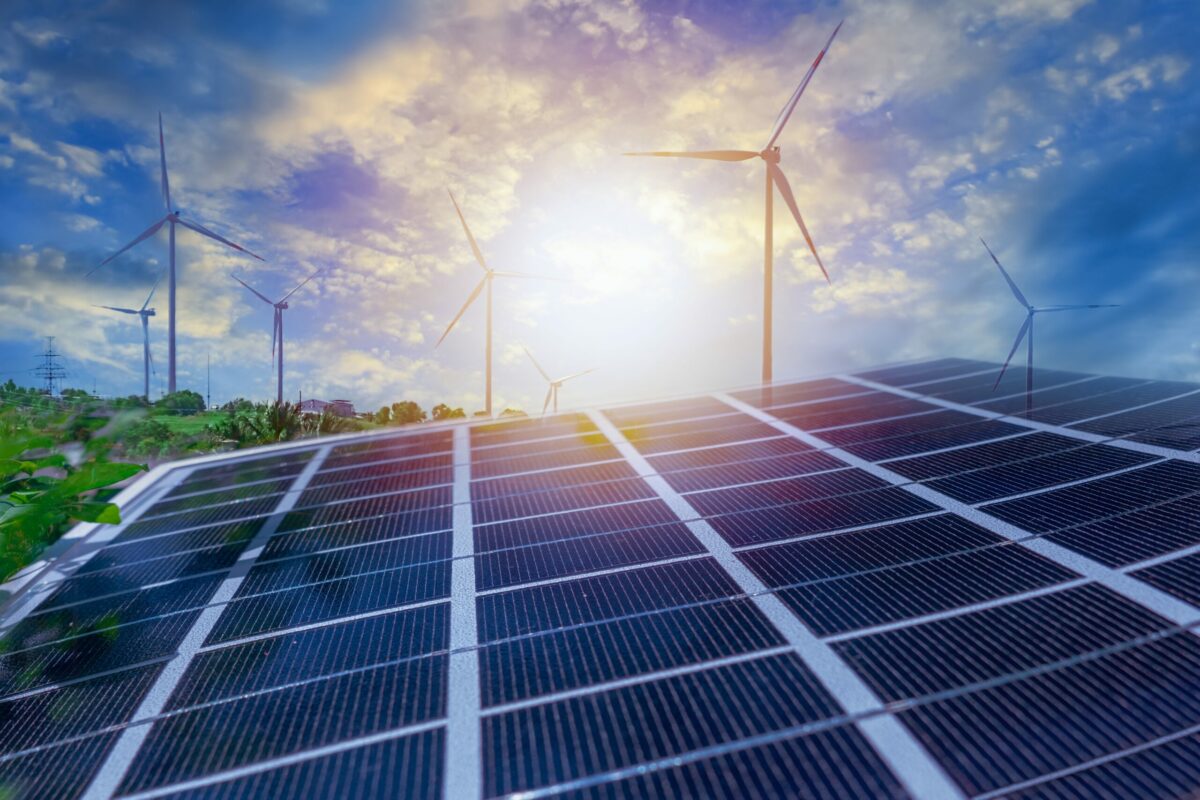Michigan’s New Clean Energy Laws Among Most Ambitious in the Country
Michigan’s energy future is undergoing a significant transformation with the recent signing of a comprehensive set of bills by Governor Gretchen Whitmer. The bills passed swiftly on party lines, with House and Senate Democrats comprising nearly all the support for the package of bills.
“This energy package will have more consequences for the state of Michigan than any energy legislation in Michigan’s history” said Craig Borr, President and CEO, Michigan Electric Cooperative Association. “It will clearly take time for the impacts to be felt by Michigan residents, but the impacts will be felt for decades.”
MECA will delve into an in-depth analysis of these newly enacted laws in the months ahead. Below is a brief overview focusing on two key bills that hold substantial implications for Michigan’s electric cooperatives.
100% Clean Energy by 2040
Michigan’s new 100% clean energy by 2040 target stands among the most ambitious in the country. It will require all state electric utilities to employ a portfolio of 100% carbon-free resources by 2040, surpassing the rigor of California’s clean energy laws. Clean energy is largely defined as wind, solar, hydro and nuclear.
This legislation mandates utilities to procure 50% of their energy from renewables by 2030, escalating to 60% by 2035—a substantial leap considering the Great Lakes State currently stands at 16%. Starting in 2035, the renewable portfolio standard transitions to a clean energy standard, requiring all utilities to obtain 100% of their energy from non-carbon emitting sources by 2040.
This fall, Wolverine Power Cooperative made a long-term commitment on behalf of its cooperative members to buy power from the Palisades Nuclear Power Plant upon its restart. In the legislation, lawmakers recognize the Palisades Plant as a vital reliability asset, allowing its output to count toward both renewable and clean energy targets. This is beneficial for Michigan electric cooperative members and underscores the significance of the Palisades Power Purchase Agreement. Additionally, Michigan’s Electric Cooperatives, as a group, already power members with over 50% carbon-free energy, placing us in a better position than many to meet the carbon-free requirement.
Nevertheless, the bill overall is still a “big lift” for Michigan. Utility and business community concerns remain regarding the pace of decarbonization and its impact on electric reliability and affordability. While Michigan’s electric cooperatives support investments in clean energy, we must also consider the operational realities. Constructing large-scale projects demands considerable time, financial resources and overcoming time-consuming regulatory hurdles, which makes the proposed timeline a challenge for the majority of the state’s electric utilities. Additionally, the challenge of land acquisition looms, with an estimated need for approximately 200,000+ additional acres for wind and solar power generation to achieve the renewable energy targets in the legislation.
Energy Waste Reduction Requirement for Electric Co-ops
This bill mandates that electric co-op boards approve Energy Waste Reduction plans and programs. Co-ops are now obligated under statute to submit a formalized waste reduction plan to the Michigan Public Service Commission (MPSC) every four years. While this represents a more structured process compared to current cooperative practices, co-ops were able to successfully achieve the authority for their local boards to oversee these programs.
Renewable Energy Siting
This bill gives state regulators authority over renewable energy permits. While it doesn’t directly impact cooperatives, it empowers the Michigan Public Service Commission to issue permits for solar systems exceeding 50 megawatts and wind systems over 100 megawatts. Formerly, localities held exclusive control over siting. The new laws centralize permitting for large projects at the state level, while smaller solar projects remain under local authority.
